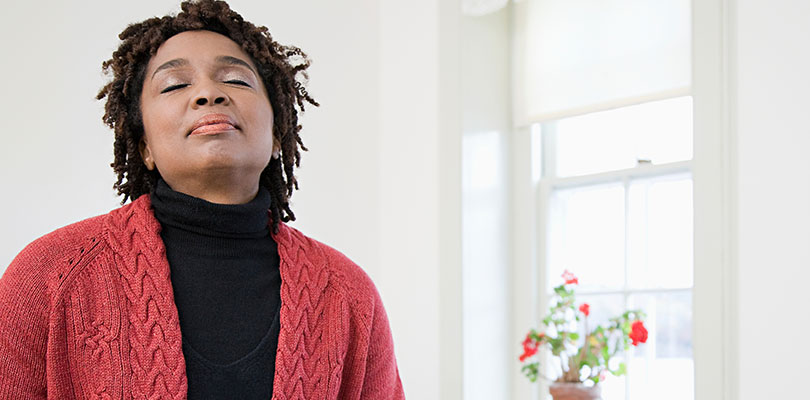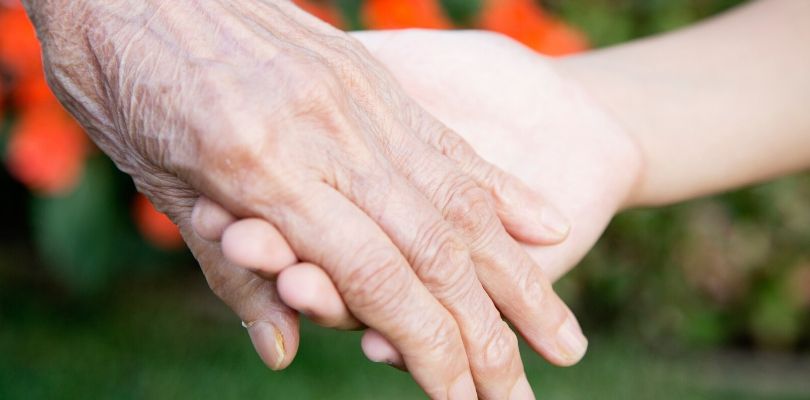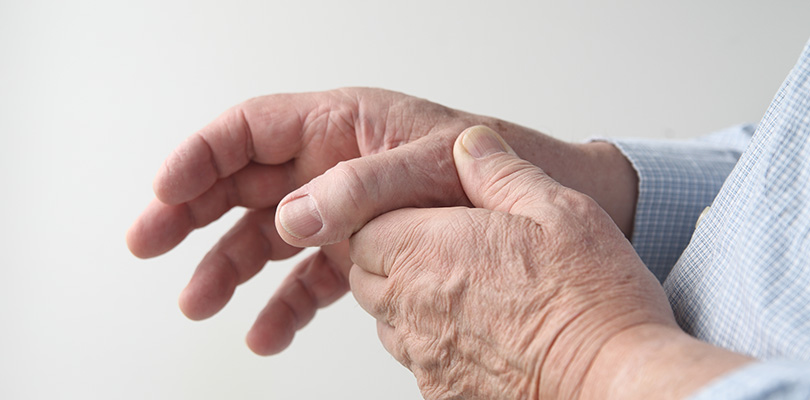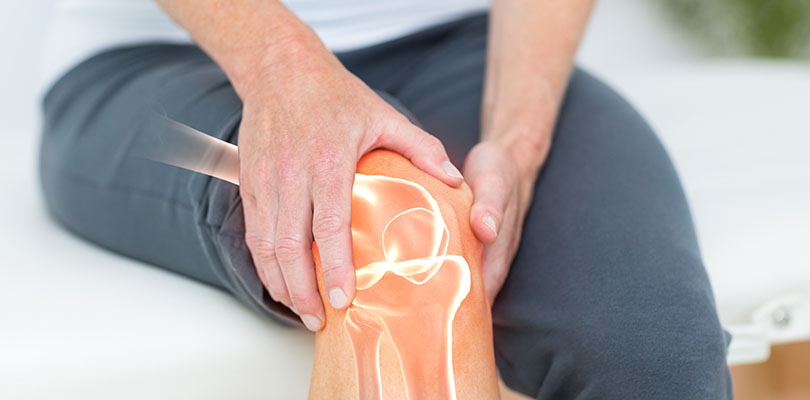Photo Credit: nyul / iStockphoto.com
Young Person With Rheumatoid Arthritis
Being a young person with rheumatoid arthritis can be incredibly difficult, especially since the word “arthritis” conjures up images of people in their 70s, 80s and 90s. Arthritis in young people is reasonably rare, and so oftentimes talking about your condition will have you commiserating with people twice your age. You may even experience people not believing that you have arthritis or looking at you shocked when you explain that you have it.
Although it is incredibly difficult to deal with, there are ways to cope.
Meet Other Young People with RA
I can hardly stress how important this is. When you’re a person under the age of 50 with RA, you can feel totally isolated or like you’re the only one in chronic pain. Other people your age are whizzing around doing their daily activities, and you may find you’re totally unable to catch up. This can all leave you feeling like a freak and totally alone. Meeting up with other people your age with RA is a fantastic way to see first-hand that you aren’t alone and that other people are experiencing the same things as you.
You can often ask your doctor for any RA groups he or she may know of and many times you will be referred to someone on the spot. Sometimes rheumatologists even advertise such groups in their practices or hold meetings for young people.
It may seem suspiciously low-tech, but breathing exercises for arthritis pain is a legitimate therapy — and one that’s growing in popularity.
If you live in a rural area, it may be trickier, but you can make it a goal to attend a meeting in a bigger city once a month to help you feel less alone. If that is completely unfeasible, going online can provide you immediate access to people with RA of all ages. Several Facebook groups are very active for those with RA and can be joined immediately for support.
Know Your Limits
Many young people, particularly in their late teens and early 20s, struggle with knowing their limits, even if they don’t have RA. But getting to know your body and what it is capable of is incredibly important when you have RA, to ensure that you don’t push yourself beyond them and wind up really ill or in a lot of pain. Knowing your limits means that you’ll need to understand when you can push yourself a bit further to keep up with others your age and when you need to hang back and rest.
Choose Your Friends Wisely
Have a chronic illness as a young person, unfortunately, often means falling out with friends here and there. This is especially the case if you are under 30, because at that age most people have not experienced chronic illness or don’t understand the impact arthritis can have on your life. At times, you may find friends will accuse you of faking your illness, exaggerating to get attention or simply being lazy and using your condition as an excuse to get out of commitments. Some people may even take it personally and think you are attempting to shut them out by passing on hanging out, even when it is due to pain or extreme fatigue.
If you find that your friends are having trouble understanding what RA is, talk to them and let them know that since you have been diagnosed, there will be times when you will have to miss out on activities and that it isn’t anything personal. There will be people who don’t understand at all, so you may have to explain it a few times. If you find people are still rude to you after continually trying to explain what RA is, it may be best to simply cut them out of your life. It may be painful, it but it will save you from feeling guilty and angry on top of feeling ill.
Get a Job and Support Yourself
If your RA is very debilitating, you may be scared that you will be unable to find a job or support yourself. You may be finding yourself re-evaluating what you want to study at school because of your RA. Remember, RA is not (for most people) flaring all of the time, and so many people are able to have normal jobs and normal lives despite the illness.
While it isn’t wise to totally give up on all of your dreams, RA does mean you may need to be a bit more realistic and focus on jobs that do not demand a lot physically. However, some people with RA are still able to carry on with physically demanding jobs, so it all depends on the course of your disease and the treatment your doctor gives you.
Cut Down on Your Alcohol Intake
When you’re young, particularly under 25, drinking alcohol may be a big part of your life. Additionally, you may feel pressured at parties and social gatherings to drink, even if this isn’t what is best for your RA. Some medications are rendered less effective or completely ineffective if taken with alcohol, and even if you aren’t on medication drinking heavily can make you feel a lot worse than it makes healthy people feel. While this doesn’t mean you should completely swear off alcohol, it does mean you should pace yourself and limit yourself to a few drinks per night instead of trying to keep up with everyone else.
Take Your Medication
With the hectic and sometimes unscheduled life of a young person, it can be easy to simply forget to take your medication. This is especially bad if your RA is more serious, so it is important that you are always taking your rheumatoid arthritis medications at the intervals your doctor suggested. In order to ensure you do this, it can be helpful to have your medication in days of the week pill containers and keep it in your purse or overnight bag. That way, you’ll have your medicine with you at all times and you won’t have an excuse for forgetting it, even when your day is jammed packed with activities and other things.







